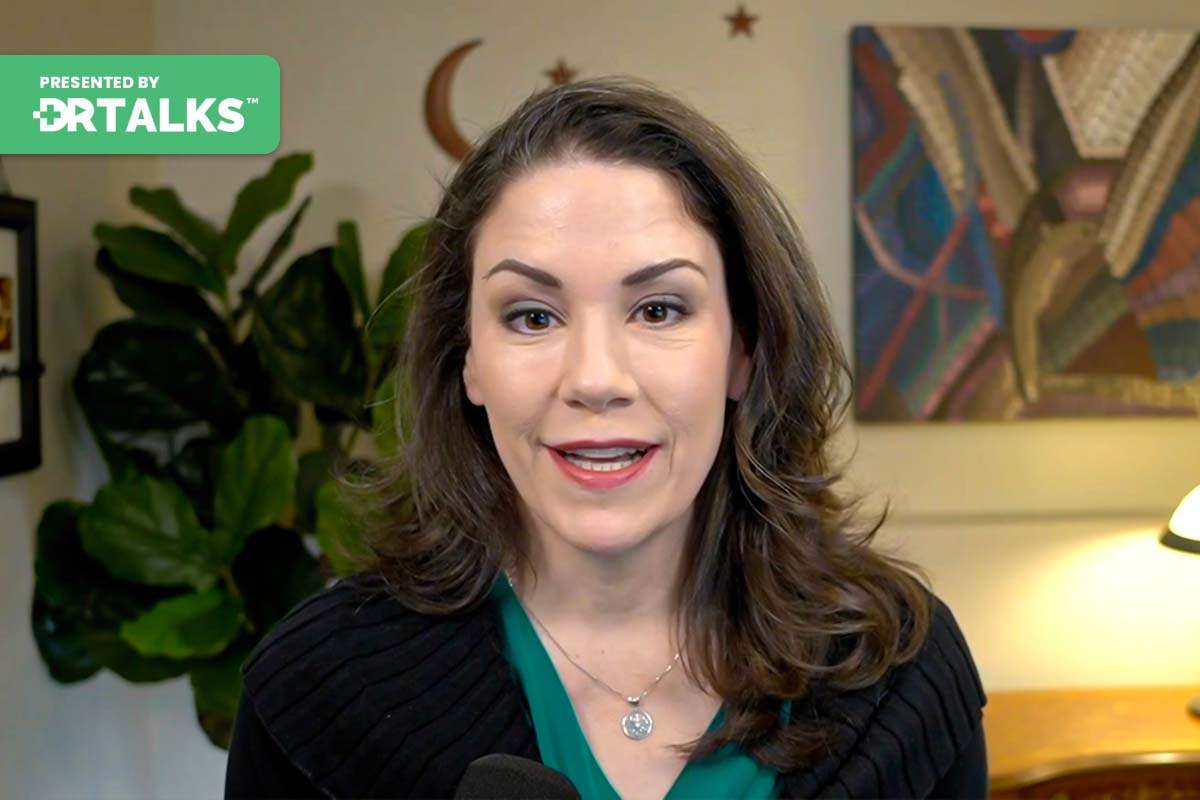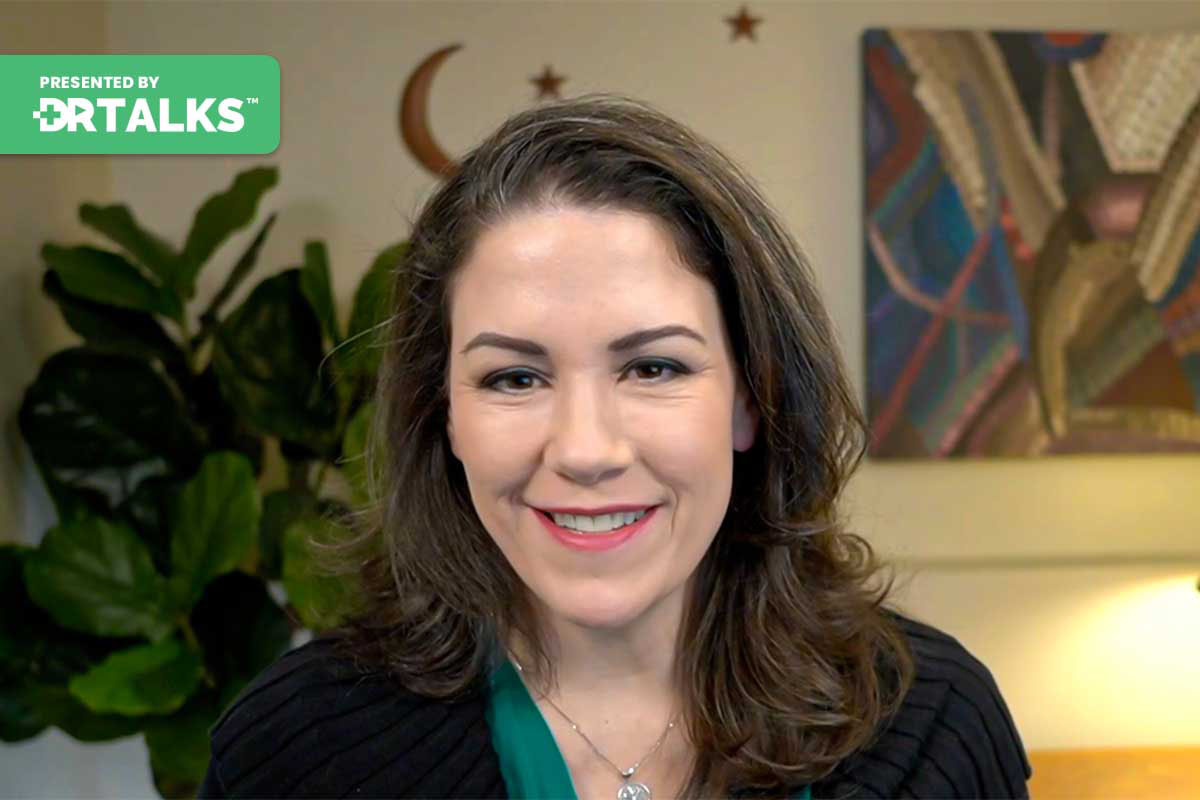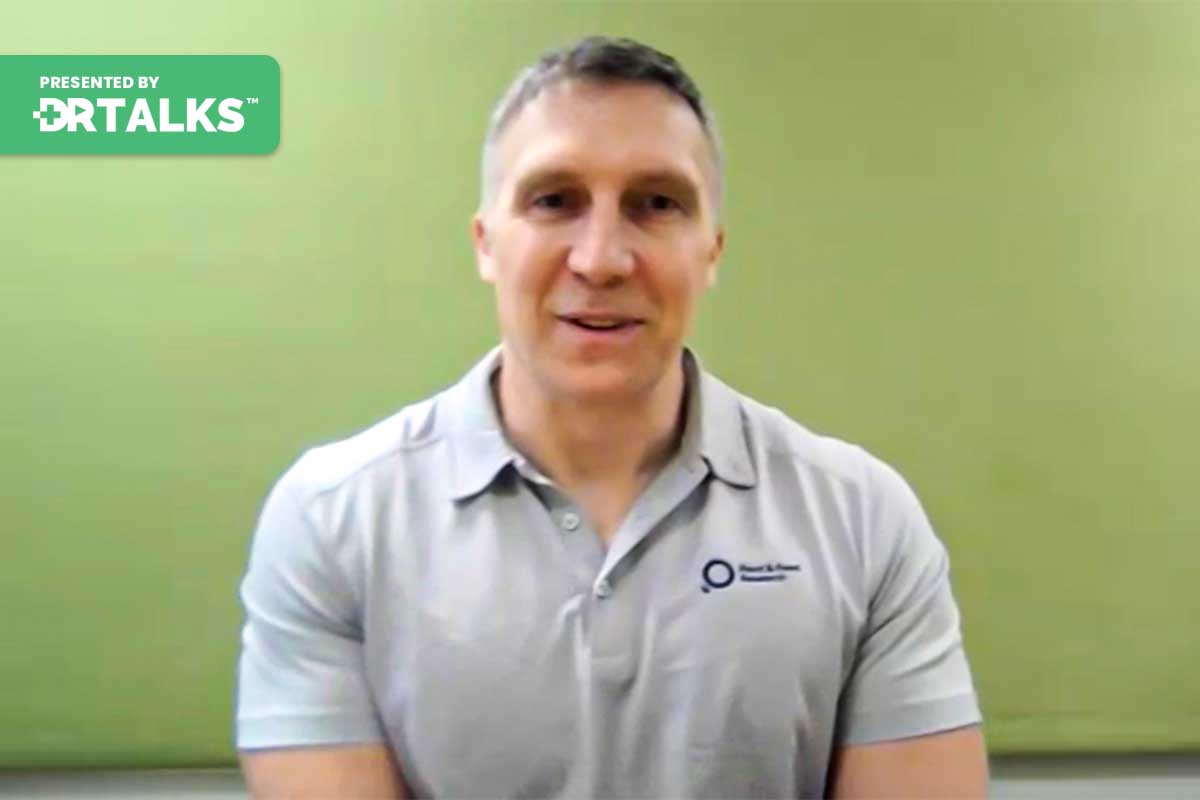Join the discussion below
- Understand the importance of getting 7-8 hours of sleep
- Learn practical ways to manage irregular sleep patterns and why naps can be beneficial
- Discover why consistent sleep loss isn’t easily recovered and how snoring can be a symptom of sleep apnea
- This video is part of the Sleep Deep Summit: New Approaches To Beating Sleep Apnea and Insomnia
Related Topics
Alertness, Appetite Control, Blood Oxygen Level, Brain Health, Cardiac Arrhythmia, Cardiovascular Disease, Catching Up On Sleep, Cognitive, Cognitive Performance, Consistent Sleep Schedule, Diabetes, Emotional Health, Environment, Health, High Blood Pressure, Insomnia, Irregular Sleep Times, Mental Health, Napping, Naps, Obstructive Sleep Apnea, Performance, Productivity, Rest, Sleep, Sleep Disruption, Sleep Health, Sleep Myths, Sleep Schedule, Sleeping Pills, Snoring, Stress Levels, Stress Management, Weight Gain, WellnessAudrey Wells, MD
Hi, it’s Dr. Wells from Super Sleep, M.D. And in this video, I’m going to talk about six sleep myths that are dragging you down. The first myth is that I don’t have time to get a full night’s sleep. Oftentimes, we’re so pressured with our busy schedules and demands from work life and home life that we really just feel like we need to get more done and sleep is sacrificed as a result. But the truth is, you need between seven and eight hours of sleep to have a brain that functions well. And I’m talking about making good decisions, having emotional regulation, and having appetite control. If you’re not sleeping enough, your productivity will suffer. And that means it takes you longer to do things than it normally would. So, in fact, you’re not making any progress by sleeping less. Another myth is the only way I can get to sleep is if I take a pill. This is something that people tell themselves when they feel like they can’t turn their brains off at night. That monkey mind can really be distracting and prevent you from getting to sleep. But the truth is, there is no sleeping pill that is without side effects or risk to your memory. With long-term use, your cognitive performance is something that you want to maintain throughout your entire life. And so I would really encourage you to develop skills for sleeping and not rely on pills.
Here’s another myth. There is nothing I can do about my irregular sleep times and wake-up times. A lot of times when you have an irregular schedule and you need to get to sleep. You can feel tired, but so wired that sleep does not come easily. And this irregular sleep schedule has a role in perpetuating that feeling. The truth is, there is a lot that you can do to compensate for the effects that your obligations have on your sleep. You can take actionable steps to manage your internal sleep and wake cues, your stress levels, and your environment so that you can more easily sleep when you want to and feel awake when you want to. This is something I coach on all the time. Here’s another myth. You’re not supposed to take naps. I think we tell ourselves this, but you know, that’s not really a hard and fast rule. Some people do really well with naps, and the truth is having a short nap, meaning 20 to 30 minutes of lying down or reclining with your eyes closed, can be really beneficial and improve your alertness, improve your performance, and improve your stress levels. Waking up from a quick nap, and feeling recharged is a great way to pivot in the middle of your day. But you want to be careful because sleeping longer than 30 minutes or sleeping too late in the day after about 3 p.m., assuming you have a regular overnight sleep schedule, these things can interfere with your nighttime sleep. So keep your naps short and keep them on the early side.
Here’s another myth I can just catch up on lost sleep, and a lot of times people will do this on the weekends, so they cut their sleep short on the weekdays and then catch up on the weekends. But the truth is, while you can recover from just one night of poor sleep if you are consistently not getting enough sleep, that has consequences. And you can’t compensate for poor sleep habits by sleeping longer on the weekends or napping for long periods on the weekends. The best approach is really to keep a consistent sleep schedule so your brain knows when it’s going to wake up and when it’s going to go to sleep. And having that reliability means that you’re not spending time trying to be awake or trying to be asleep. Here’s another myth snoring may be annoying, but it’s harmless. This is not true. Snoring can be a sign of obstructive sleep apnea, and the snoring does not have to be loud. And it doesn’t have to be throughout the entire night. If a bed partner is reporting that you snore, take that seriously. Because obstructive sleep apnea causes repeated drops in your blood oxygen level and it causes sleep disruption throughout the night. Sleep apnea is a serious breathing condition, and it can cause long-term effects on your health, including risk for cardiovascular disease, risk for high blood pressure, risk for cardiac dis rhythm is risk for diabetes, and weight gain. The list goes on and on. Sleep apnea is serious. So if you have snoring or if you have other sleep symptoms, it’s worth it to get tested.
Listen, sleep is a fundamental biological need, and you can fight your biological needs. But you are going to lose 100% of the time. I want everyone to know that good sleep changes everything for the better. There is no better medication on earth than good sleep, and getting good sleep means putting your anxiety and overwhelm to bed for good. It means taking back your time freedom while still going after your goals. And it means actually enjoying the life that you are working to create. This is valuable and it’s why it’s so important to get control of your sleep and get the benefits of a good night’s rest.











